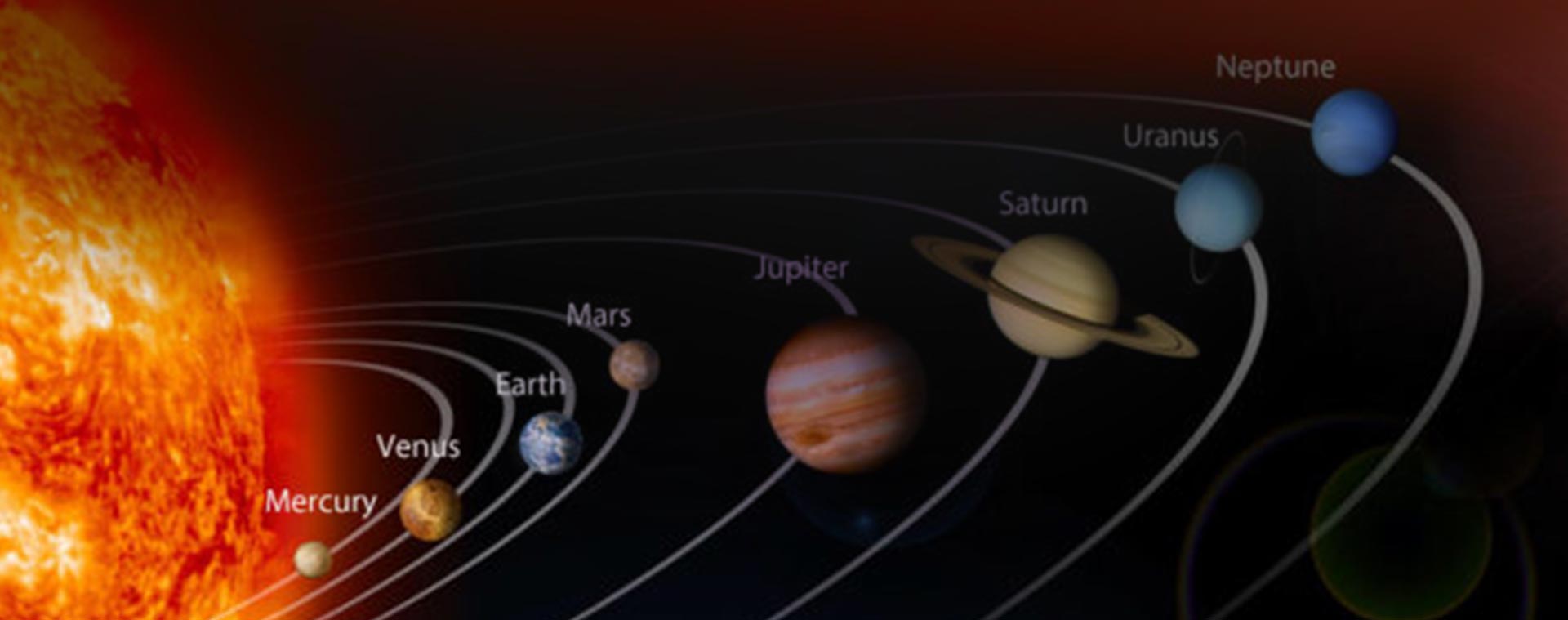Seminar Details
Chromium-based perovskites have attracted considerable interest because of their intriguing magnetic and ferroelectric properties as well as potential technique applications. The set of chromium-based RCrO3 (R = rare earths, Y) compounds was suggested to be another family of multiferroic materials, usually displaying ferroelectricity, weak ferromagnetism, and a wide application in fields of catalyst, thermistor, solid-oxide fuel cell, and non-volatile memory devices. There are complex magnetic interactions between the Cr3+-Cr3+, Cr3+-R3+ and R3+-R3+ in RCrO3 bring out a variety of physics such as spin reorientation, temperature induced magnetization reversal, exchange bias and so on. In this endeavour, this thesis work focuses on the Yttrium chromite (YCrO3) due to its intriguing physical properties, including biferroic nature and mix phase behaviour. However, properties of pure YCrO3 are not substantial to fulfil the scientific demand. Substitution on Y site of YCrO3 is beneficial to improve its various physical properties. Lone pair active ion and rare-earth ion substitution is one of the desirable approaches in this regard, which really opens a new avenue for the researchers to tune the physical properties of the material. In this context, a series of (Bi3+ and Sm3+) doped YCrO3 have been prepared by sol-gel auto combustion route. The phase purity, structure, morphologies are characterized by XRD, FESEM techniques. Magnetic and electrical properties of the materials are thoroughly studied using SQUID-VSM and Impedance spectroscopy.


